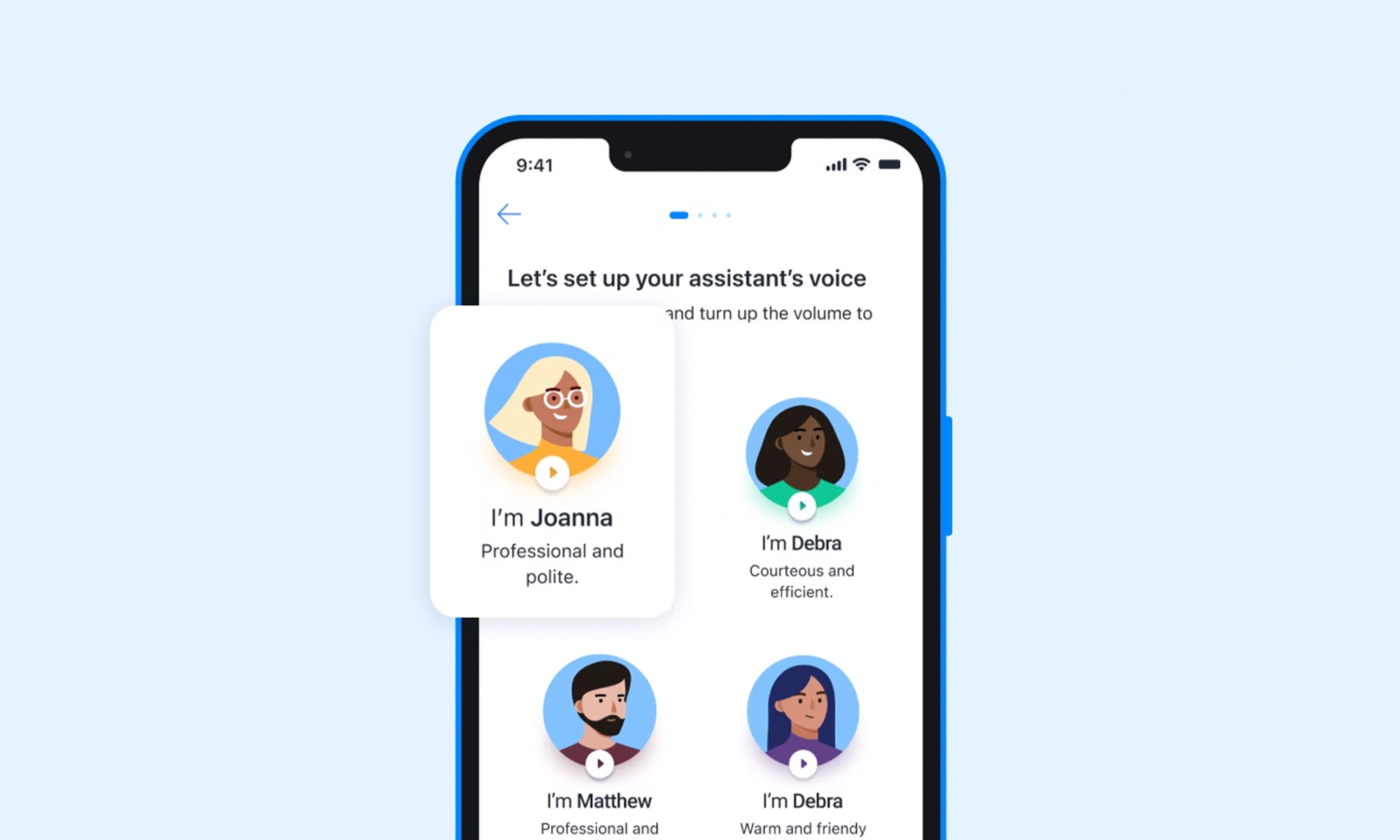News
Truecaller To Use Microsoft Azure AI Speech For Call Answering
The new service features a powerful speech generation tool to allow users to create AI versions of their voices.

Truecaller, a well-known app for identifying and blocking spam calls, is enhancing its services by allowing users to create AI versions of their voices. The new feature, available to those with access to Truecaller’s AI Assistant, stems from a partnership with Microsoft and its Azure AI Speech tool, allowing the generation of realistic AI voices that accurately mimic users’ speech patterns and tone.
“This groundbreaking capability not only adds a touch of familiarity and comfort for the users but also showcases the power of AI in transforming the way we interact with our digital assistants,” explained Truecaller product director and general manager Raphael Mimoun in a recent blog post.
The AI Assistant in Truecaller screens incoming calls, informing recipients of a caller’s purpose. Based on this information, users can decide whether to answer the call themselves or let the AI Assistant handle it.
When the feature was introduced in 2022, users could only choose from a collection of preset voices. The ability to record one’s own voice represents a significant step towards the complete personalization of the service.
Also Read: Getting Started With Google Gemini: A Beginner’s Guide
Azure AI Speech, showcased during the last Build conference, only recently added a personal voice feature that lets people record and replicate voices. Microsoft explained in a blog post, however, that Personal Voice is available on a limited basis and only for specific use cases like voice assistants.
To maintain ethical standards, Microsoft’s Azure AI Speech automatically adds watermarks to AI-generated voices. Additionally, a code of conduct requires companies to obtain full consent from individuals being recorded and prohibits impersonation.
News
Rabbit Expands Hyperlocal Delivery Service In Saudi Arabia
The e-commerce startup is aiming to tap into the Kingdom’s underdeveloped e-grocery sector with a tech-first, locally rooted strategy.

Rabbit, an Egyptian-born hyperlocal e-commerce startup, is expanding into the Saudi Arabian market, setting its sights on delivering 20 million items across major cities by 2026.
The company, founded in 2021, is already operational in the Kingdom, with its regional headquarters now open in Riyadh and an established network of strategically located fulfillment centers — commonly known as “dark stores” — across the capital.
The timing is strategic: Saudi Arabia’s online grocery transactions currently sit at 1.3%, notably behind the UAE (5.3%) and the United States (4.8%). With the Kingdom’s food and grocery market estimated at $60 billion, even a modest increase in online adoption could create a multi-billion-dollar opportunity.
Rabbit also sees a clear alignment between its business goals and Saudi Arabia’s Vision 2030, which aims to boost retail sector innovation, support small and medium-sized enterprises, attract foreign investment, and develop a robust digital economy.
The company’s e-commerce model is based on speed and efficiency. Delivery of anything from groceries and snacks to cosmetics and household staples is promised in 20 minutes or less, facilitated by a tightly optimized logistics system — a crucial component in a sector where profit margins and delivery expectations are razor-thin.
Despite the challenges, Rabbit has already found its stride in Egypt. In just over three years, the app has been used by 1.4 million customers to deliver more than 40 million items. Revenue has surged, growing more than eightfold in the past two years alone.
Also Read: Top E-Commerce Websites In The Middle East In 2025
CEO and Co-Founder Ahmad Yousry commented: “We are delighted to announce Rabbit’s expansion into the Kingdom. We pride ourselves on being a hyperlocal company, bringing our bleeding-edge tech and experience to transform the grocery shopping experience for Saudi households, and delivering the best products – especially local favorites, in just 20 minutes”.
The company’s growth strategy avoids the pitfalls of over-reliance on aggressive discounting. Instead, Rabbit leans on operational efficiency, customer retention, and smart scaling. The approach is paying off, having already attracted major investment from the likes of Lorax Capital Partners, Global Ventures, Raed Ventures, and Beltone Venture Capital, alongside earlier investors such as Global Founders Capital, Goodwater Capital, and Hub71.























